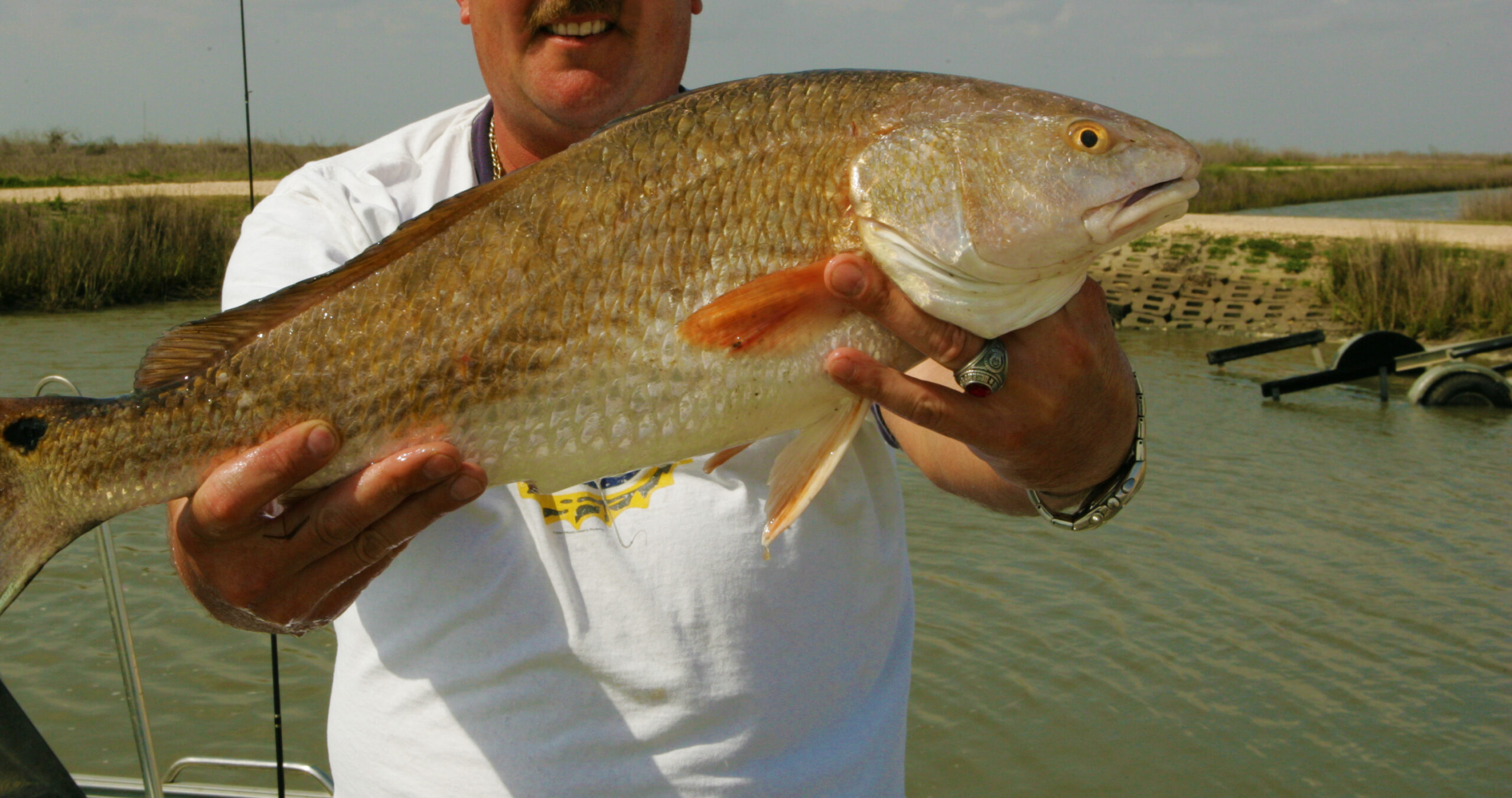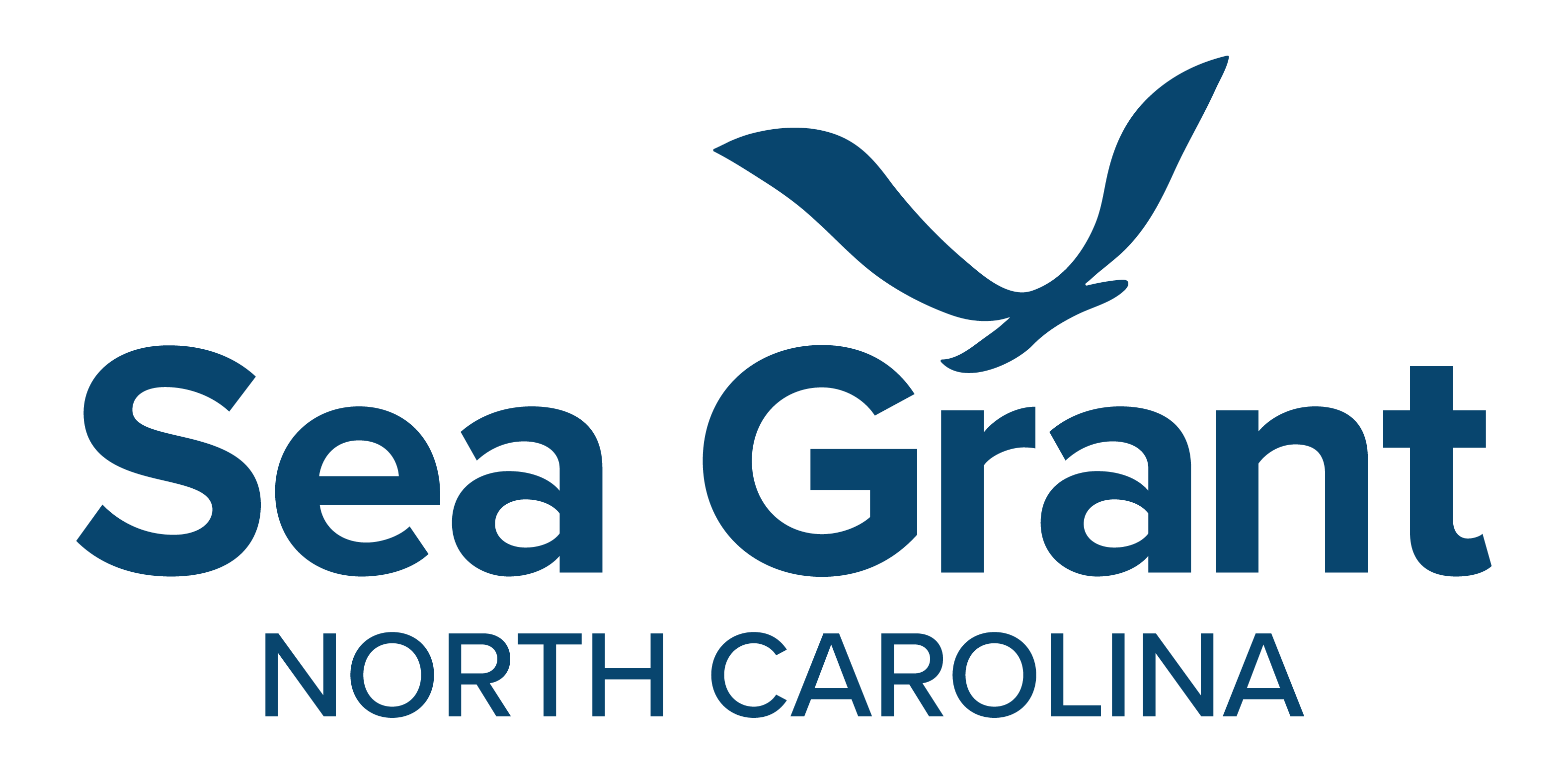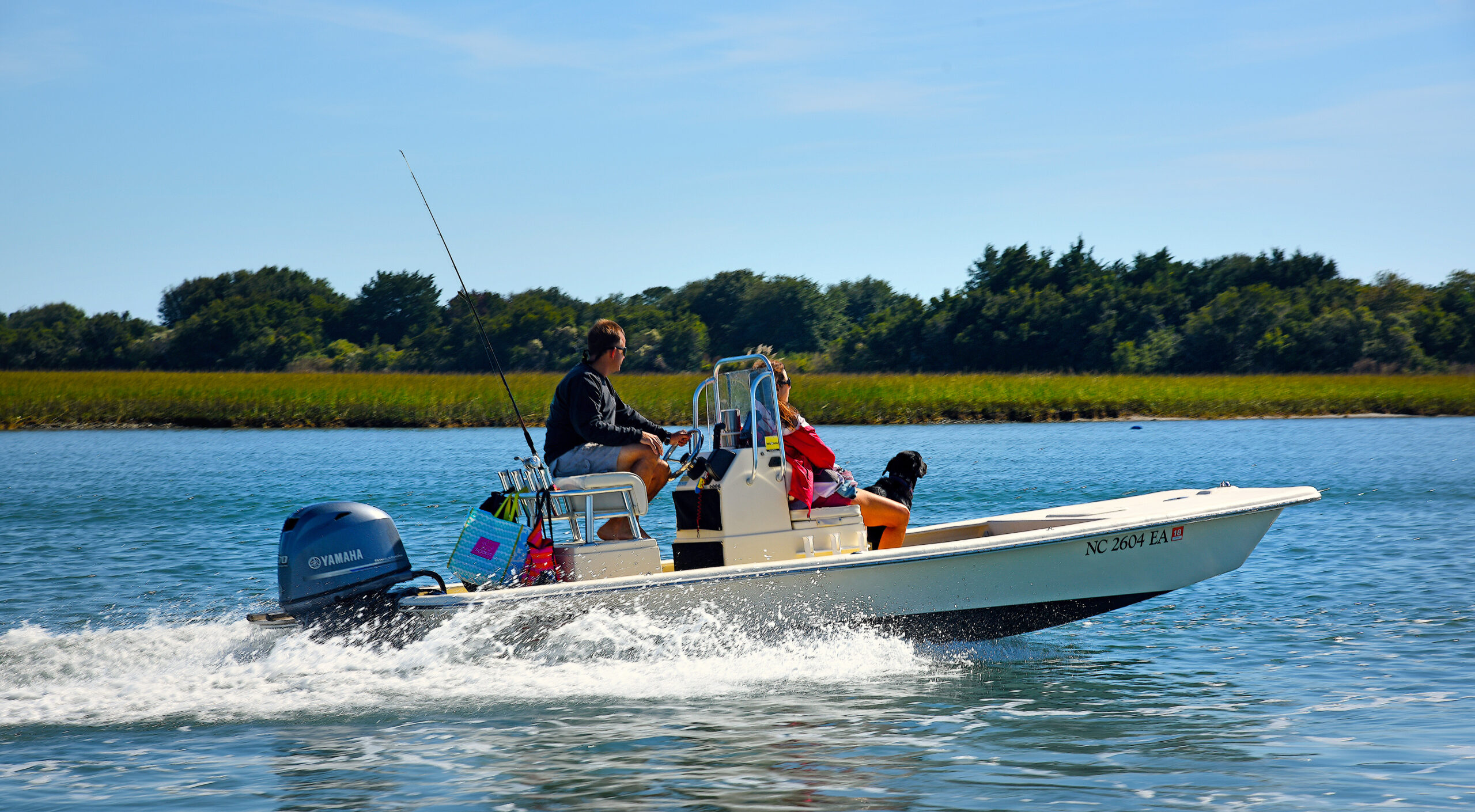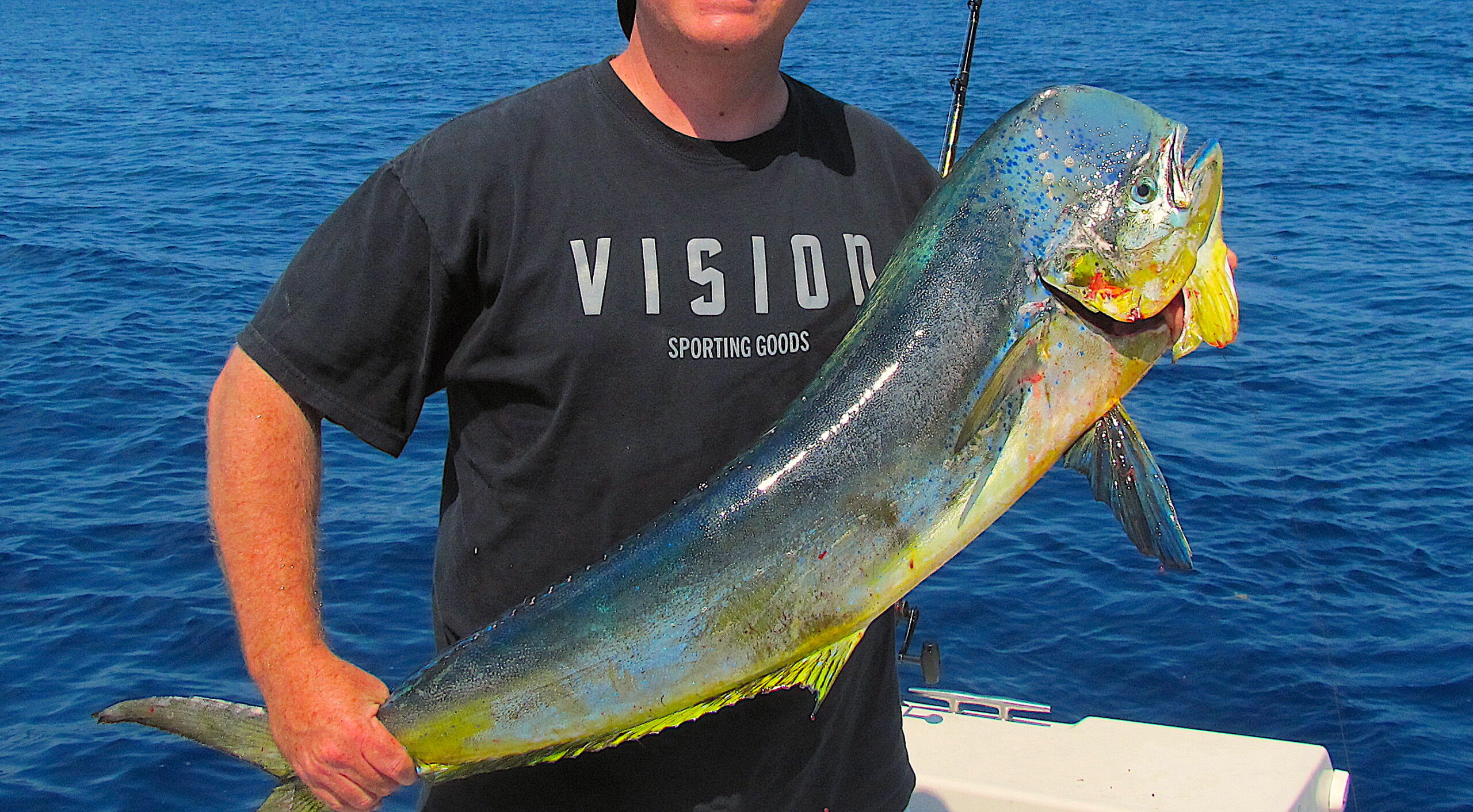Do You Want to Get Hooked on Fisheries Science?

North Carolina Sea Grant’s six-part online evening course will provide all the fundamentals on the science behind fisheries management.
Register here: go.ncsu.edu/fisheries
Given that your boat and fishing tackle are likely in deep-storage until the weather warms, why not pull up a computer chair and participate in our online class on Tuesday nights? Here you’ll learn new “fishing” info you probably won’t find on YouTube, Facebook or your favorite fishing forum. Plus, unlike real school, there are no homework or grades to worry about.
Research Need
In a 2017 survey with North Carolina saltwater anglers, we learned that a great many folks were interested in the science behind marine fisheries management. Not just how the results of individual research projects turned out, but how all the fisheries science and data pieces fit together, from start to finish.
For example:
- Why do they manage some species differently than others?
- What have we learned about southern flounder in the last 10 years?
- How do changes in habitat, water quality, and climate impact our fisheries?
- What role do license holders play in the fisheries management process?
Education for All
For the last two years, we have offered a four-part introductory fisheries science course. The intent of the course has always been to provide recreational and commercial fishers — as well as anyone else interested — with a basic understanding of marine fisheries science by using examples specific to North Carolina.
On a survey after last year’s class, 96% of respondents indicated they would recommend the course to a friend.
We can always improve, so this year we decide to add even more time for discussion and content.
What’s New This Year?
For this year’s course, scheduled to begin February 16, 2021, we have added two additional class meetings. This will allow expanded time for audience question-and-answer sessions with expert presenters — as well as to dive into new content, which includes more information on fisheries habitat and environmental changes in fisheries. We’ll also take a closer look at the state’s new and improved process for the development of fishery management plans.
Given the ongoing pandemic, the entire class will be held online via the Zoom platform.
Should You Attend This Course?
My advice: Don’t listen to us. Read what fellow participants have said about the course.
“I hoped to gain better knowledge of how regulations on fishing are set by the state and how they oversee marine fisheries,” reported one attendee, “and my expectations were exceeded.”
Another course-taker sought to better understand management of fish stocks, especially what factors led to limits and closures. “And the classes provided me with that,” said the participant. “I can see both sides a little more clearly now.”
If you’re naturally curious about the world of fisheries science or the science behind North Carolina marine fisheries management, then I think you would enjoy this course.
Cost: only $20.
Register here: go.ncsu.edu/fisheries
Summary by Scott Baker
Lead photo: red drum, Anahuac National Wildlife Refuge, photographed by Steve Hillebrand, U.S. Fish and Wildlife Service
The text from Hook, Line & Science is available to reprint and republish at no cost with this attribution: Hook, Line & Science, courtesy of Scott Baker and Sara Mirabilio, North Carolina Sea Grant.



